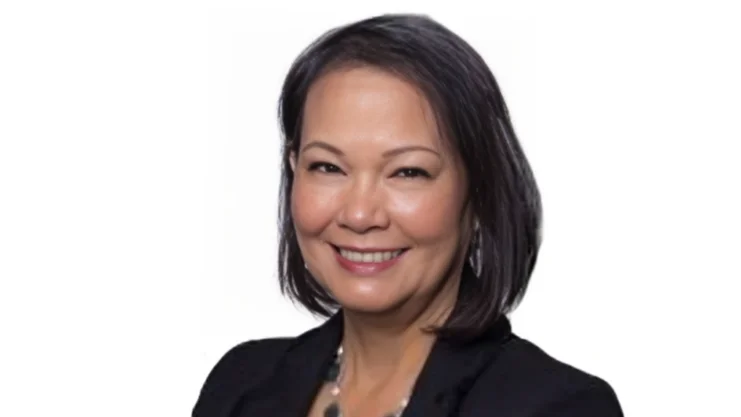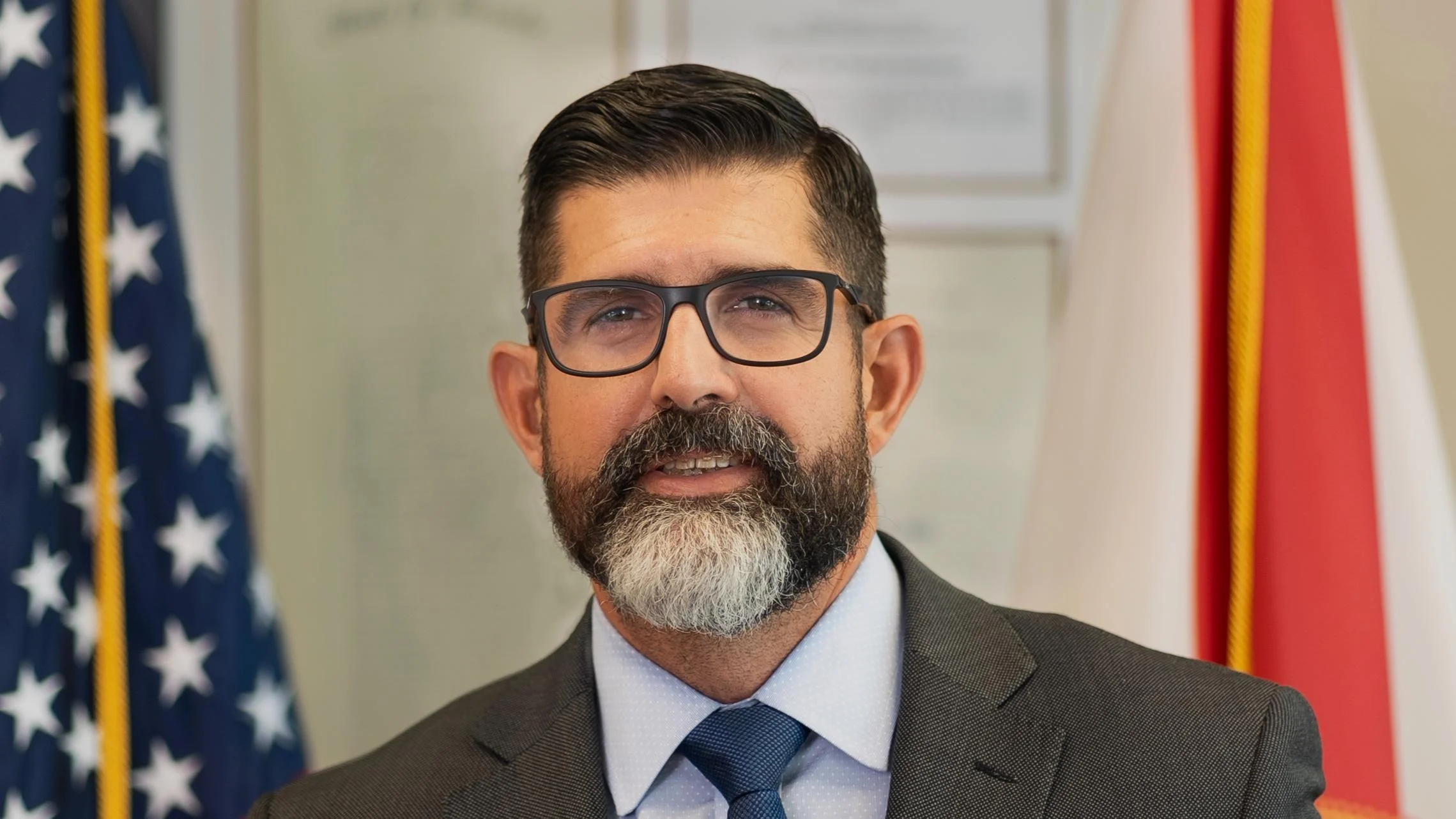
Stela Patron Senior Director, Business + Development | Official Website
When Molly Lane worked as a school social worker, casual hallway conversations with colleagues often turned into impromptu therapy sessions. Her experiences led her to establish Teacher Talk, a therapy practice for educators, highlighting the lack of mental health support in schools.
"People sometimes think, 'Teachers get the summers off and they have better work hours, and it must be so much easier,'" Lane explains. She points out that teachers often work beyond their contracted hours to ensure student engagement and support, particularly after the pandemic.
A recent poll revealed that teachers generally feel satisfied with their jobs despite experiencing burnout. Lane suggests this is because efforts to improve student mental health are not matched by support for teachers. "A more holistic approach around support for teachers and [working] together to create a more sustainable workplace will help to alleviate some of that," she says.
Katharine Strunk, dean of the University of Pennsylvania’s Graduate College of Education, finds these findings unsurprising. "On its face, I can see where it feels contradictory," she states. Teachers reportedly appreciate their jobs but struggle with increasing demands over the past decade.
The report indicates that workload and pay satisfaction contribute to job contentment but are not primary factors. "Although important to the employee experience, both workload and total pay have less of an impact on teachers’ engagement than whether they feel their job gives them the opportunity to do what they do best every day," researchers note.
Strunk comments on teacher retention data: 5% plan not to return in fall, while 13% remain undecided—higher than anticipated due to fiscal uncertainties faced by districts post-ESSER funding expiration.
Black teachers show higher departure rates from teaching positions. Strunk attributes this trend partly to employment in charter schools within urban areas where teacher turnover is high. "Usually you see Black teachers overrepresented in charter schools... which have much higher churn of teachers," she observes.
Lane highlights how many educators seek therapy for burnout management and boundary setting amid pressures from parents and administration. She notes that 53% work over ten extra hours weekly beyond contractual obligations.
Strunk was interested in Gen Z's perspective on education's relevance; students find engaging lessons result from teacher effort rather than inherent curriculum interest. She emphasizes efficiency improvements using technology like AI could enhance classroom planning time: "AI can do some of the rote stuff... it's going to increase the need for very high-quality teachers."





 Alerts Sign-up
Alerts Sign-up